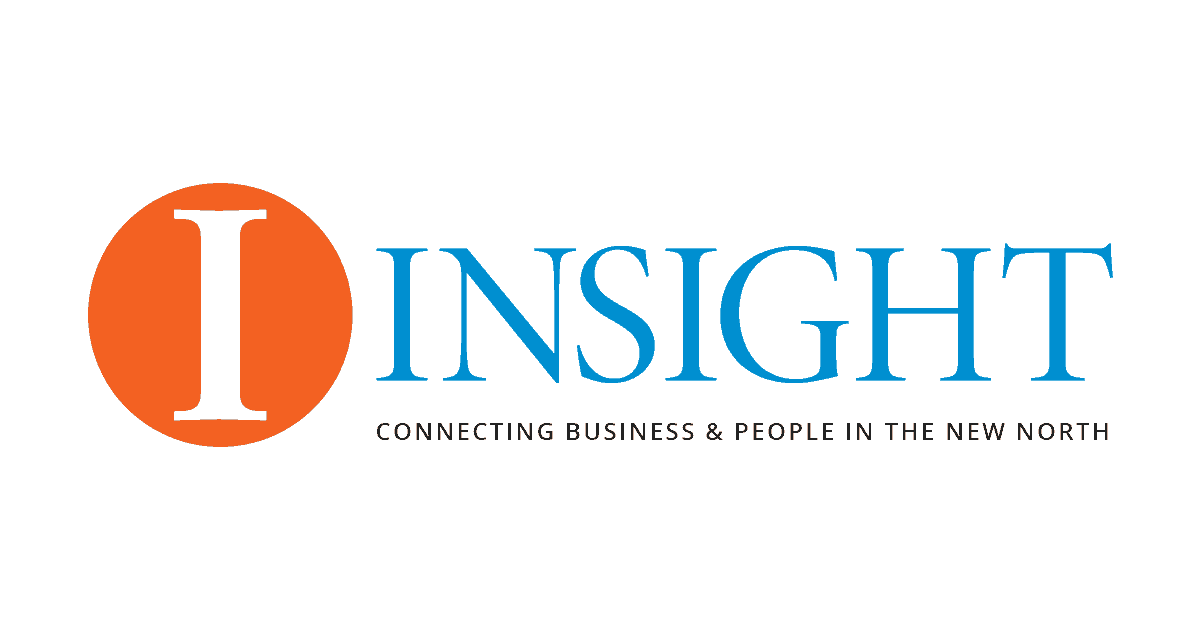Robert L. Riedl, CPA, CFP, AWMA, CEO & Director of Wealth Management at Endowment Wealth Management was recently featured in the article titled Time to Take Control: Informed, Diversified Investors Can Weather Market Storms, which appeared in the most recent issue of Insight Magazine. You can view the entire article on Insight’s website but Rob’s quotes in the article are listed below:
On Q1 2020 financial market volatility:
“Everyone didn’t even want to see what happened on their statements.” “But you need to open it and know your options. And the investment options are plentiful, whether it’s equity markets, bond markets and certificates of deposit or something more tangible like gold. The key, is to know your risk tolerance and review investments to see if they match how much risk you are willing to take.
Investing for long-term retirement:
“Most people are working longer and living longer. If they are working longer, they have more time to add to their investment fund. Some people are living 20 or 30 years after they stopped working. If you are too conservative, you’ll run out of money. Today, I tell clients they need a portfolio with a 50/50 split between stocks and bonds at age 75, not age 65.”
How to build wealth:
“Dollar-cost averaging is the best way to build wealth. In dollar-cost averaging, investors place a fixed amount of money into an investment program at regular intervals. The strategy is designed to help the investor buy more shares when prices are down and fewer when prices are up, creating an average price per share and theoretically reducing the overall investment cost. If that sounds a lot like a 401(k), you’re right.”
On investing in a 401(k):
“The 401(k) is the most common investment vehicle people use to save for retirement, but they often set the allocation levels — for example 70 percent in stocks, 30 percent percent in bonds — and forget about it. 401(k)s are a critical asset. Investors should not be afraid to take charge of their 401(k) accounts. They are a complicated asset, and if you don’t understand it or what’s happening, then find yourself a fee-only financial adviser. It’s better to do something rather than nothing.”
On monitoring and re-balancing your portfolio:
“You need to re-balance your portfolio annually. Pay attention to your accounts. Check on them quarterly to see how they are doing and what you may need to do to adjust.”
On having a diversified portfolio:
“Diversification, whether it’s stocks, bonds or another investment option, is also an essential part of making sure your funds can handle market volatility.”



